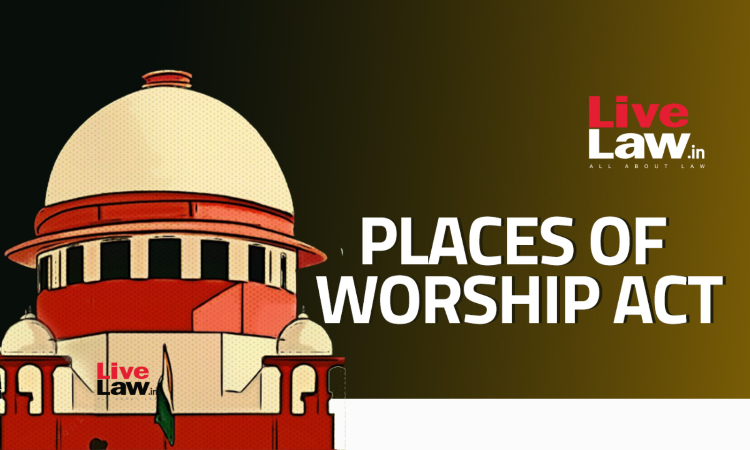While giving yet another extension of time to the Union Government to file its counter-affidavit in a batch of petitions challenging the Places of Worship (Special Provisions) Act 1991, the Supreme Court on Tuesday said that the mere pendency of the petitions does not mean that the Act has been stayed.A bench comprising Chief Justice of India DY Chandrachud, Justice PS Narasimha, and...

